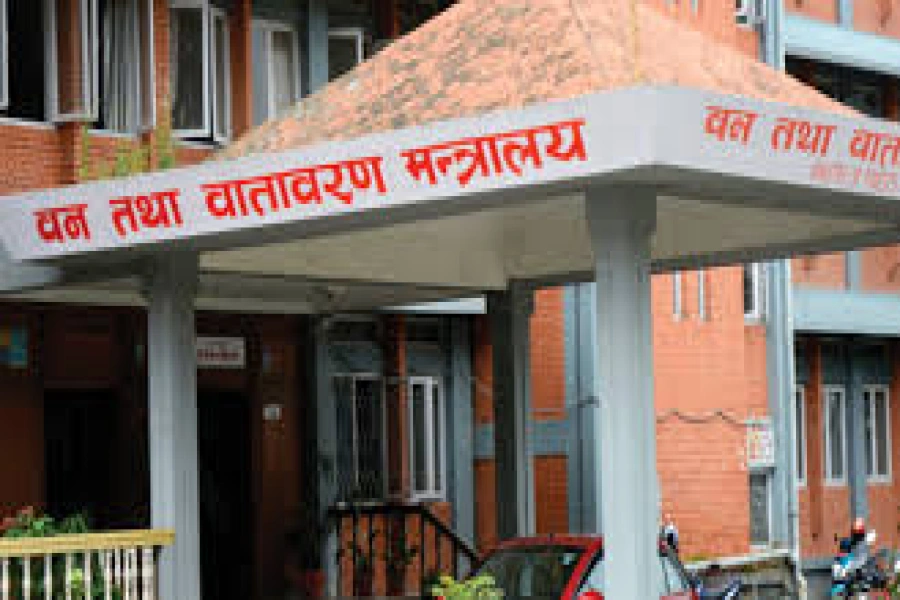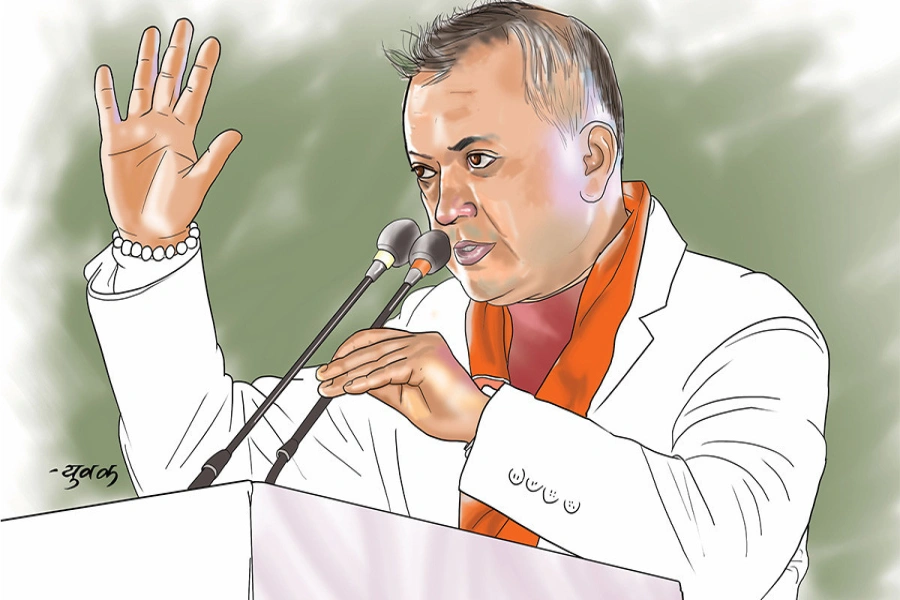The concepts of fairness and the rule of law are the cornerstone of any democratic society. They create the basis on which human rights, individual liberties, and social order rely. The bench (judiciary, including judges) and the bar (legal professionals, including attorneys) are the two main pillars in maintaining these ideals. Together, they guarantee that the law is not only upheld but also administered fairly and consistently, preserving public confidence in the legal system and serving as a vital link in facilitating the efficient administration of justice and preserving the rule of law. Since these two organizations have different but related roles, they must cooperate in order for the legal system to operate well.
The Bench: Guardians of Justice
The judiciary, which is made up of judges at different judicial levels, is referred to as the Bench. The judiciary's duties include interpreting and applying the law, resolving conflicts, and defending individual rights as guaranteed by the Constitution or other statutes. The judiciary acts as a check on the legislative and executive arms of government in contemporary democracies to guard against abuses of authority and guarantee that laws are enacted in accordance with the constitution. The Bench's primary duties include:
Adjudication: By interpreting the law and applying it to the particular facts of each case, judges decide disputes that are presented before them. Their rulings establish legal precedents, which support the legal system's stability and predictability.
Judicial Review: Judges have the power to check whether government actions—including laws passed by legislatures and presidential orders—comply with constitutional provisions in a number of jurisdictions. In order to maintain the rule of law and stop public authorities from acting arbitrarily, judicial review is essential.
Protecting Fundamental Rights: The main line of defense for fundamental rights is the legal system. It is the duty of judges to guarantee that people's liberties and rights are not violated by either public or private entities.
Encouraging Access to Justice: The court makes sure that everyone, regardless of money or rank, may obtain justice. In order to maintain public confidence in the legal system, courts must continue to be unbiased, open, and responsible.
NBA initiates reforms to improve strained relationship between...

The Bar: Advocates of Justice
Lawyers who represent clients in court and perform vital functions for the judicial system make up the Bar. Attorneys serve as go-betweens for the general people and the legal system, and they are essential to ensuring that justice is done well and rightly perceived. Important duties of the Bar consist of:
Representation: In courtrooms, attorneys speak for the public. They defend their clients' interests by offering proof, arguing cases in court, and denouncing unethical behavior. Lawyers guarantee that all parties in a dispute have an equal chance to be heard by means of their representation.
Advising and Counseling: Attorneys offer corporations, government organizations, and private citizens legal assistance. They assist their clients in understanding complicated legal matters and their rights and duties under the law.
Legal Education: Informing the public about their rights and responsibilities is a major responsibility of the Bar. In order to assist individuals in navigating legal systems and avoiding legal hazards, lawyers frequently take part in public legal education projects.
Encouraging Legal Reforms: Attorneys have a crucial role in promoting legal modifications that advance justice, equity, and fairness. The Bar makes a valuable contribution to the continuous evolution of the legal system by identifying the flaws in the current legislation and suggesting changes.
The Interdependence of Bar and Bench
Despite playing distinct functions, the Bar and the Bench are highly dependent on one another. Judges and attorneys have a symbiotic connection because they both strive to uphold the rule of law. Attorneys make arguments, aid in the interpretation of the law, and draw attention to the problems that call for judicial action. In turn, judges assess these presentations in order to reach well-reasoned conclusions. In order for the system to function properly, both institutions need to follow specific moral guidelines. Judges have to be unbiased, devoid of any personal or political prejudice, and dedicated to upholding the rules of justice. In order to uphold the highest standards of professionalism, honesty, and integrity and to continue to be devoted to their clients, lawyers must also serve the interests of justice.
Challenges in the Bar-Bench Relationship
The Bar and the Bench face difficulties on a regular basis, notwithstanding their common goals. Relationship strain can result from poor communication, a lack of respect for one another, or protracted legal processes. These problems can result in inefficiencies and erode public confidence in the legal system. Among the difficulties are Justice Delays: Court cases frequently face protracted delays as a result of overloaded dockets, ineffective procedures, or calculated delays by attorneys. An inability to provide justice in a timely manner might damage the credibility of the Bench and the Bar.
Judiciary autonomy vs accountability
Judicial independence is necessary for fair decision-making, but judges must also answer for their acts. In many legal systems, finding the ideal balance between autonomy and responsibility is still a constant problem.
Strengthening the Bar-Bench Relationship
To promote improved ties between the Bar and the Bench, several actions can be taken:
Continuous Professional Development: To keep current on legal advancements, judicial ethics, and procedural innovations, both judges and attorneys should pursue lifelong learning.
Collaborative Legal Reforms: In order to identify opportunities for legal reform, particularly in procedural rules and access to justice initiatives, the Bar and the Bench should collaborate.
Promoting Transparency: The public's trust in the legal system will be bolstered by transparency in judicial nominations, courtroom activities, and attorney behavior. Fair and impartial administration of justice is facilitated by a transparent system.
Public Legal Awareness: Both organizations need to take part in campaigns to increase the general public's knowledge of the law and people's rights. This can increase public confidence and empower citizens.
In order to maintain the rule of law and guarantee the impartial administration of justice, the Bar and the Bench are essential. Despite having different roles, they have the same goal of bringing justice to society. The Bar and the Bench can enhance the legal system and advance a society based on justice, equity, and equality by cooperating, respecting one another's positions, and never stopping trying to do better. The cornerstones that support democratic ideals, safeguard individual rights, and preserve social order are justice and the rule of law. The bar and bench, via their different yet interwoven duties, act as custodians of fundamental ideals. Only when a society's legal institutions function independently, fairly, and with integrity can it flourish. When difficulties emerge, it is essential for the bench and bar must maintain their vigilance in order to guarantee that everyone receives justice.
(The author is an advocate and the founding partner of Atya Law Firm).






































